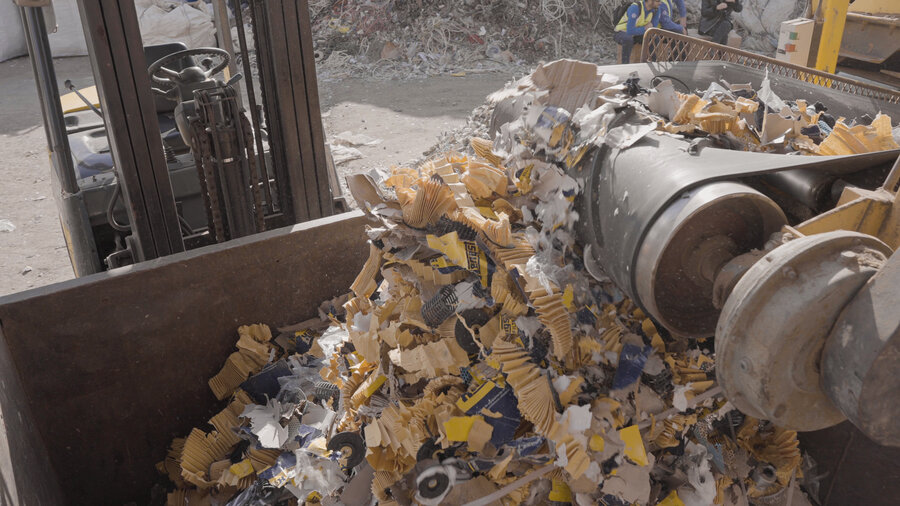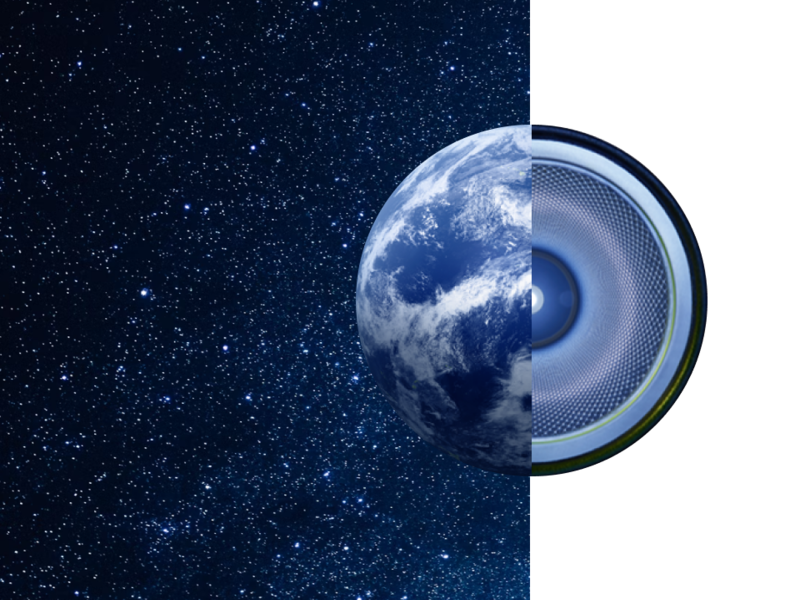Oil filters, Fuel filters, more than 3500 pieces in the port of Malta, all with Hengst branding. The problem: they are all counterfeit. It is sea freight from China, destined for the port of Beirut, Lebanon. Fortunately, Maltese customs officials discovered the container during a spot check during the stopover on the Mediterranean island and recognized the filters as counterfeits.
Such counterfeits are in circulation time and again, especially outside Europe - but they are also found time and again. Like here in Malta.
Evaluations by the EUIPO and OECD have shown that China is by far the largest source of counterfeits and accounts for 85% of seizures in connection with online sales1. The target markets are not so much Central Europe or North America, but rather China itself, North Africa or the Arab region.
The consequences of discovered counterfeits are expensive legal proceedings for the brand owner and, in the end, usually the destruction of all products. This seems sad from a sustainability point of view, but it is bitterly necessary.
Customs, the courts and we as a company are acting to protect all manufacturers and for the safety of consumers. No one can guarantee the functional safety and quality of these counterfeit products. And in the end, using these filters could lead to engine damage.

Frank Mendel
Head of Industrial Property Rights at Hengst Filtration
The consequences of counterfeit filters can be drastic
Inferior, cheeky copies sometimes have no function and drastically increase the risk of premature wear. The consequences of poor quality Oil filters include inadequate lubrication, increased wear on the drive components involved and the risk of engine damage. Characteristics of an inferior Oil filter include critical deformations, media breakthroughs or deformed end caps under use.
In the case of Fuel filters , the expected consequences include particles, abrasion, erosion, increased fuel consumption, up to 40 percent power loss and even damage to the fuel pump and injection systems.
Inferior Air filters are also an insidious risk. Unfiltered dirt and pollutants enter the combustion chamber directly. Experts can recognize these inferior filters by their inadequate impregnation, the reduction of the effective filter surface and a possible complete loss of filtration. Indoor filters should also be of high quality, as dust, pollen and harmful gases can cause health problems in humans.
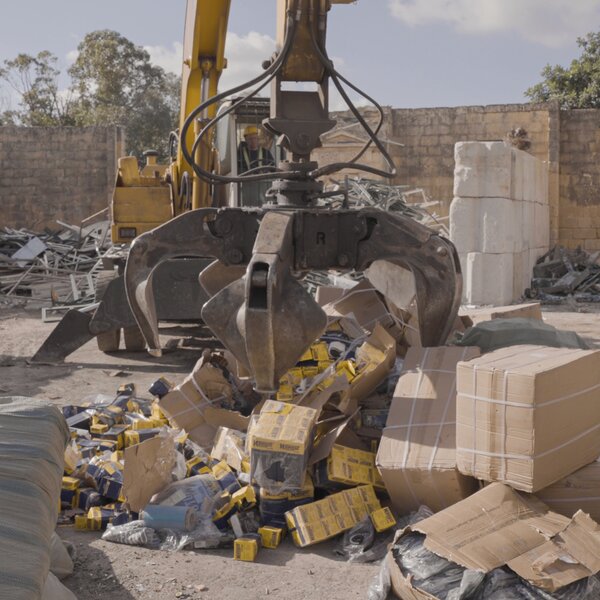
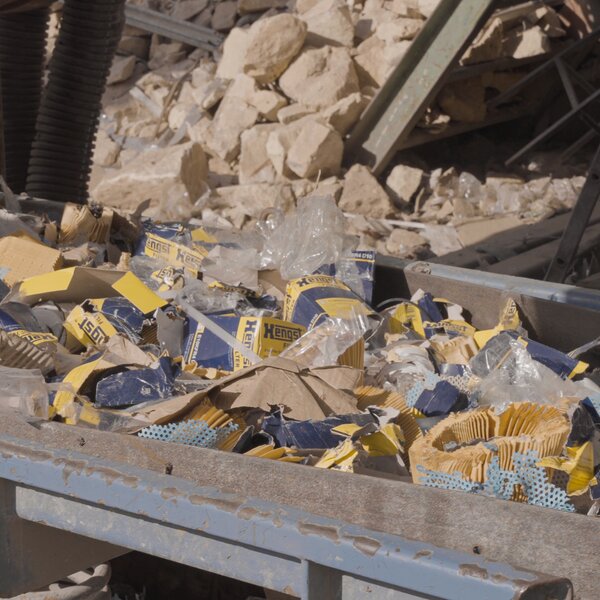
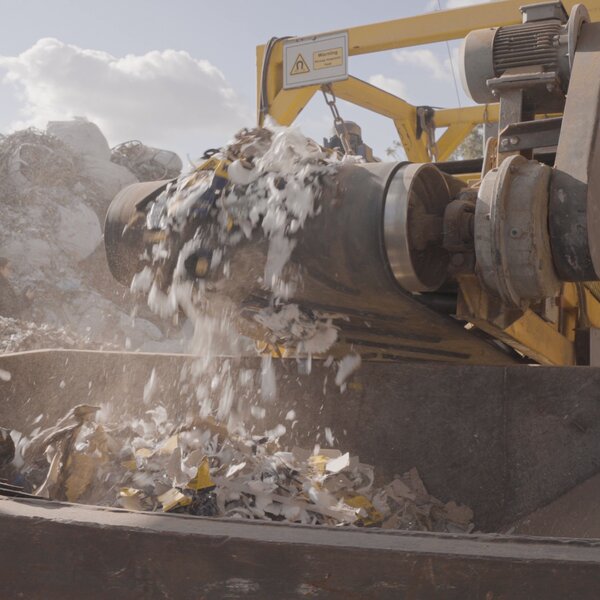
Hengst also suffers from counterfeiting - and does a lot to combat it
Counterfeiting is also a real threat to companies. According to the EUIPO/OECD study cited above, 15 percent of all small and medium-sized enterprises that own a registered intellectual property right are affected by trademark infringements. For companies that introduce innovations - such as Hengst - the figure is even higher at more than 19 percent.
We roughly estimate that companies lose around two percent of their turnover due to counterfeiting. In a business like ours, probably a little more. This makes our fight against counterfeiting all the more important.

Frank Mendel
Head of Industrial Property Rights at Hengst Filtration
This is why Hengst protects its products with patent and trademark rights, registers the trademarks with the customs authorities and ensures that these rights are enforced against product pirates.
For example, Hengst regularly trains its customers worldwide so that they can recognize counterfeits and distinguish them from the originals. A good relationship with certain customs authorities can also be crucial if they proactively approach the company concerned when suspicious goods are found.
Because in the end, only one thing counts: what's on the label must be inside. And every customer must be able to install the tried-and-tested Hengst products in their vehicle with the usual good feeling - whether in Münster, Malta or Beirut.
Checklist: How do I protect myself from plagiarism?
1. know the company:
Is it a well-known company or is it new on the market? If it is not known: What can you find out with a short (internet) search?
2. know the brand:
Has the brand been known for decades and has been delivering top products for a long time? If not, some research is also advisable here.
3. know the product:
What features or performance values does the product depend on? Are there parameters that must always be right? And how should the packaging and workmanship be when you hold the product in your hands?
4. know the retail partner:
The same applies here as with point 1: Is there already an established relationship with the retail partner and do they have a good reputation in the industry? Or do you have to go to great lengths to obtain information first and are met with skepticism?
5: Know the market price:
A significantly cheaper product in what appears to be original packaging? Here, too, you should be suspicious.
Your contact at Hengst on the subject of property rights

